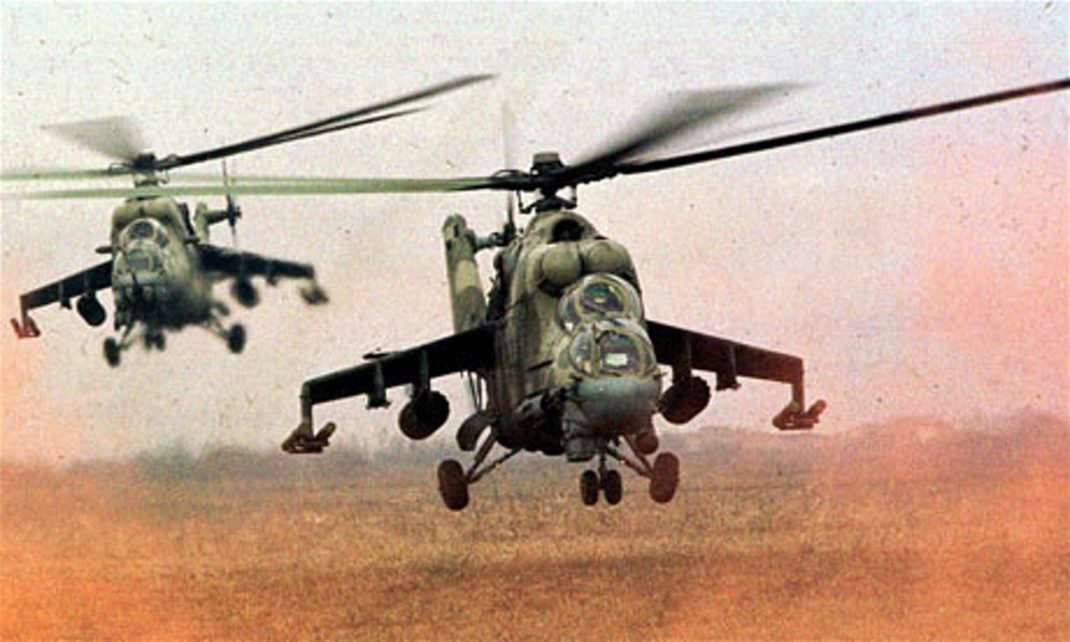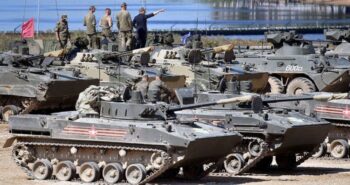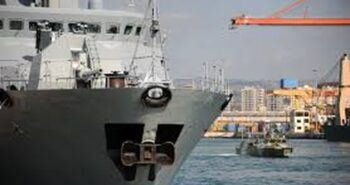By Lamine Ghanmi
The impact that increased Russian influence will have on Libya’s conflict remains to be seen.19 months after becoming a key player in the Syrian war, is increasing its military presence in Libya and is likely to back Libyan Field Marshal Khalifa Haftar in the tumultuous civil conflict.
Haftar, a fiery commander in eastern Libya, has declared war against radical Islamists, including the Islamic State (ISIS) and al- Qaeda, but is controversial for perceived iron-fist tactics.
In September, Haftar gained control of main oil terminals in the country’s east but lost ground to Islamist forces early this month.
While Haftar has received intelligence and security support from France, Britain and the United States, as well as backing from Egypt and the United Arab Emirates, Western countries have stopped short of fully embracing him.
Russia, however, seems willing to offer full-scale support for Haftar, drawing comparisons with their backing of President Bashar Assad in Syria. Russian engagement with Haftar and his forces seems to be growing at a time is it also increasing its business ties.
In February, the Russian firm Rosneft signed a cooperation agreement to help redevelop Libyan oilfields.
“The agreement envisages the establishment of a joint working committee of the two partners to evaluate opportunities in a variety of sectors, including exploration and production,” a statement by the Libyan National Oil Corporation said.
On the military front, Haftar made two visits to Moscow in 2016 and was greeted on board a Russian aircraft carrier off the coast of Tobruk in January. Russian military contractors have been operating in eastern Libya, where Haftar is strong.
Owner of the private Russian firm RSB-group Oleg Krinitsyn told Reuters that the contractors had been pulled out of Libya when their tour finished in February and that their presence was related to a commercial partnership that was unlikely to have occurred without Moscow’s approval.
In early March, Russia also appeared to have deployed special forces to an airbase near Libya’s border with Egypt, Egyptian and diplomatic sources told Reuters. This was likely an attempt to prop up Haftar’s forces there.
Asked whether Russia was repeating its military strategy from Syria in Libya, the US military commander in Africa, US Marine Corps General Thomas Waldhauser said: “Yes, that’s a good way to characterize it.”
The impact that increased Russian influence will have on Libya’s conflict remains to be seen.
***
Lamine Ghanmi is a veteran Reuters journalist. He has covered North Africa for decades and is based in Tunis.
________________




